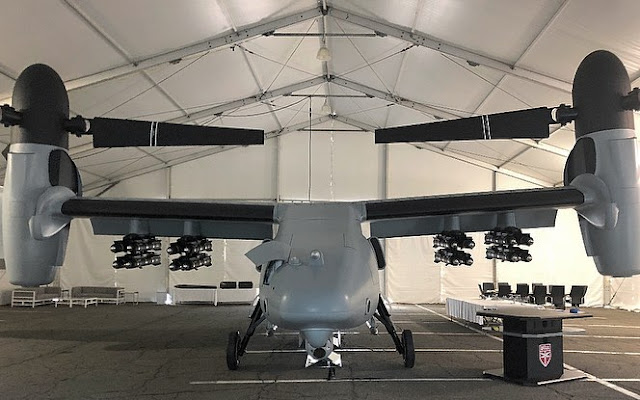Fear of lost arms sales to Saudi Arabia may have become another new headache for Western defense contractors to manage, but so far, business analysts think companies are relatively safe.
“We continue to believe that the death of Jamal Khashoggi will not lead to a major break in U.S. or European defense sales to Saudi Arabia, but the issue could linger in 2019-2020 and the war in Yemen remains an issue,” said Byron Callan of Capital Alpha Partners.
While commenting on British-based
, Vertical Research Partners echoed the sentiment. “While Brexit is set to be an issue for the next approximately six months, we think the Saudi issue will blow over—but a follow-on order for the
should not be expected any time soon,” said analysts Rob Stallard, Krishna Sinha and Karl Oehlschlaeger.
The analysts referred to a March agreement for the kingdom to buy 48
from the Eurofighter consortium, in which BAE serves as a key partner. Over the last month, BAE stock prices suffered a roughly 9% drop, with losses accelerating after Khashoggi’s alleged murder grabbed headlines.
But analysts cited President Donald Trump’s repeated affirmations that U.S. arms sales to Saudi Arabia were safe. The president has said they provide U.S. jobs and keep the Saudis from buying weapons from Russia or China. Last year, his administration and several U.S. primes trumpeted a package of sales that could be worth as much as $110 billion over several years if fully carried out.
Analysts see BAE as most pressured by the possibility of a reduction in Western arms sales to Saudi Arabia, as 16% of the U.K.-U.S. company’s sales in the first half of 2018 were to the kingdom. Other primes, such as
,
and
, could record 5% or less in sales to the Saudis.
Citing U.S. government data, Callan noted total U.S. defense exports to Saudi Arabia were around $3 billion in 2017, up 21% from 2016. The largest increase was in a category covering tanks, artillery, rockets and missiles, which jumped from $581 million in 2016 to $1.4 billion in 2017.
The export data does not capture work done by U.S. contractors in the kingdom to support its military, Callan stressed. But Western contractor-led indigenous work appears to be growing, according to announcements this year.
In a May ceremony witnessed by Saudi King Salman bin Abdulaziz Al Saud and President Trump, Raytheon and the Saudi Arabia Military Industries Co. signed a memorandum of understanding to cooperate on defense-related projects and technology development. Raytheon also announced plans to establish Raytheon Arabia, a Saudi legal entity wholly owned by Raytheon that will focus on implementing programs to create indigenous defense, aerospace and security capabilities in the kingdom. In March,
announced a joint venture with Saudi Arabian Military Industries to direct spending and work on more than 55% of related MRO services for fixed and rotary-wing military aircraft to occur in the kingdom.
In 2016, Saudi officials unveiled their Vision 2030 plan with the goal of dedicating half of the kingdom’s defense spending to local enterprises. As offshoots of domestic industrial growth, Saudi Arabia foresees greater security, self-sufficiency and defense exports.

